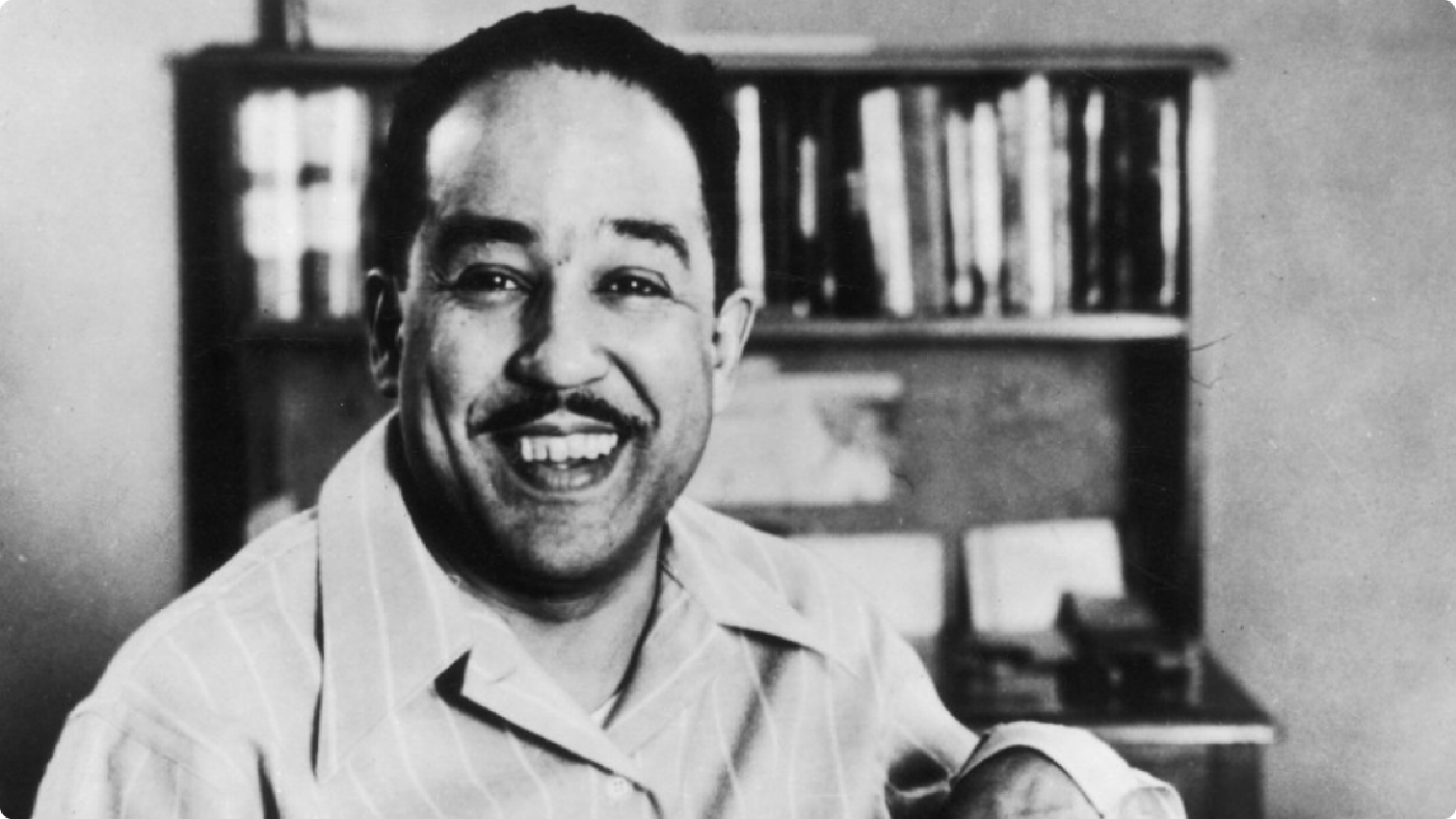
Essay on The powerful messages given by Langston Hughes
James Mercer Langston Hughes (1902 – 1967) played a significant role in the development of Black American culture. Being an outstanding poet, writer, playwright and columnist, he became one of the brightest representatives of the Harlem Renaissance, but not only for his talent. He had a firm civil position and throughout his life he actively defended the rights of the African Americans and left an essential heritage for his adherents to follow.
Langston Hughes revealed his talent for writing already at school and was elected a class poet. Besides, he wrote for the school newspaper and later got actively published in magazines. In 1926 he published his first book of poetry The Weary Blues and from then on never stopped to worship beauty and dignity of the black people. He explored the black human condition in a variety of depths (Leach 44). He aimed to show their strengths and courage, humor and other virtues as part of the overall American culture. His task was to confront the leading racial stereotypes and to protest unfair social conditions, to raise racial consciousness and provoke cultural nationalism. All these ideals have been reflected in his famous poems.
Democracy and Theme for English B reveal Langston Hughes’ attitude to his identity and its position in the society. While the first sounds like a voice of the whole community and acquires the character of a proclamation, the latter is totally personal, but still the subjective experience of the author turns out to be representative.
In Democracy Hughes declares that he is not satisfied with the social environment where democracy is only a fiction. He insists that equality and freedom are needed today, not tomorrow, and instead of waiting he wants to fight for their natural rights. His speech is passionate, but still steady and clear. To express his feelings and to promote the thesis, he uses strong metaphors and expressions: “I cannot live on tomorrow’s bread.” For him, freedom is “a strong seed planted in a great need.” After all, Hughes reminds that he has the same right for freedom as the whites, whom he actually appeals to.
In Theme for English B Hughes uses a little bit different form. This work looks like a page written by the instructor’s task. It is stressed that the task was to write from the heart, but the author ironically doubts his ability to speak from the heart, while his position is not conducive to it. Still, he goes on speaking truth, underlining that he lives in Harlem and knows life as it is. In the meantime, he stresses that he likes common things like reading and eating, and thus being colored does not make him different, though he is the only African American in the class. “I guess being colored doesn’t make me NOT like the same things other folks like who are other races,” he claims, and further promotes a thesis that he is a part of the instructor, just like the instructor is a part of him, as both of them are Americans. Besides, he states: “As I learn from you, I guess you learn from me.” In this few lines he shows how significant it is for him to be accepted as he has a full right for that. What is more, he stresses that he is proud to be Black and not always proud to be a part of the White community for certain reasons.
Thus, the two poems are different in form and tone, but they both cover the same theme, the theme of the Blacks in the American society. Both poems were written in 1946, when the African Americans really had to fight for their rights and still could not enjoy equal access to voting and creature comforts. Although the United States declared the country to be a democratic state, it was far from truth, and these lies were outraging for those who were suppressed and morally wounded. Hughes succeeds in showing the conflict from several sides: on the one hand, the blacks need to feel they are the part of the society they live in and to know they can share the rights of free citizens; but on the other hand, they want to withstand their own prerogatives and defend their own dignity. Being different and being the same make up the main controversy of the question.
At the moment the African American community enjoys much more freedom and respect, and it is now often even spoken about their predominance in certain spheres. They really have some privileges in acquiring real estate and so on. But the question has not lost its topicality, because there are many other factors in which racism is revealed. It is something more than social restriction; it exists at the level of psychobiological being of the nation, and it is not so easy to overcome. That is why the poems of Hughes present the literature of importance and still present much material to think over.

